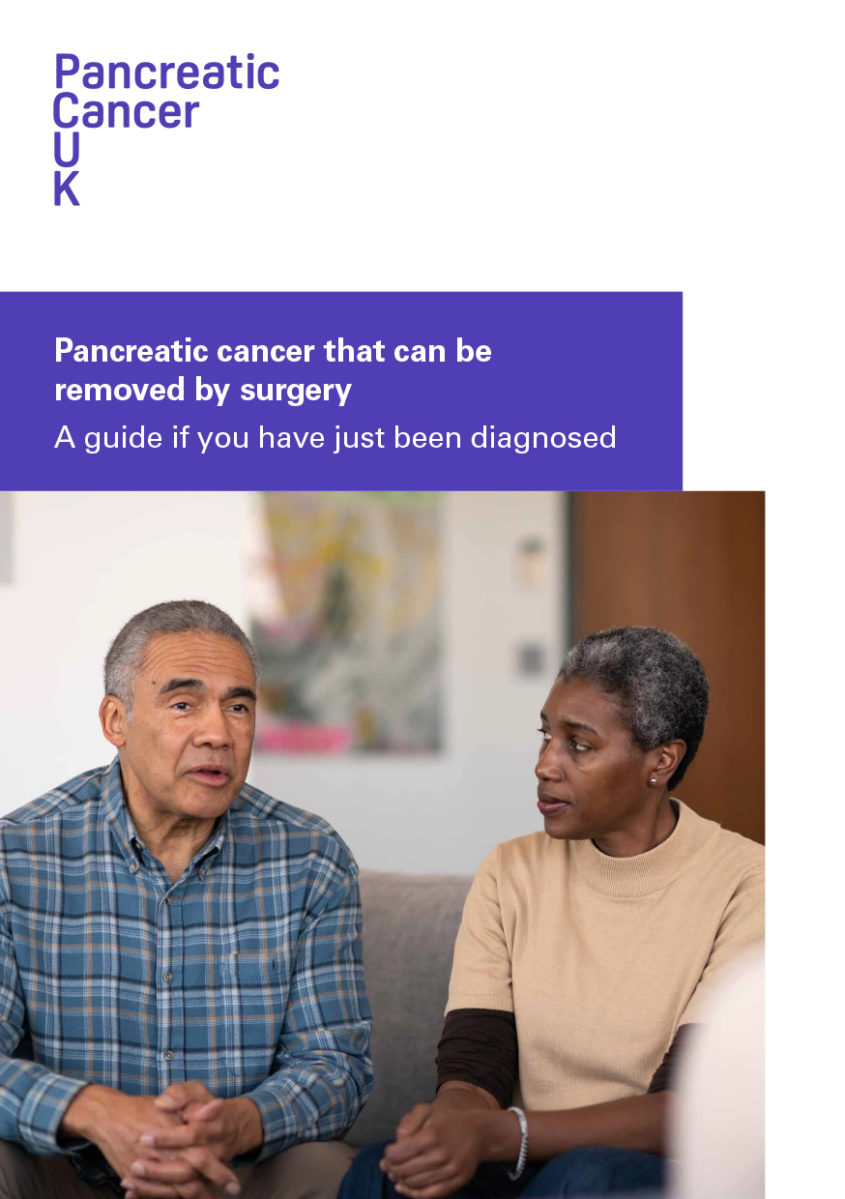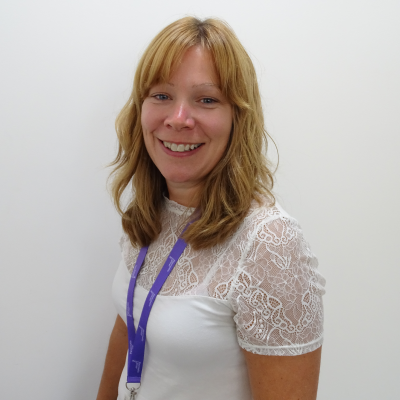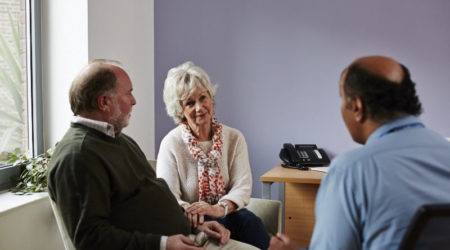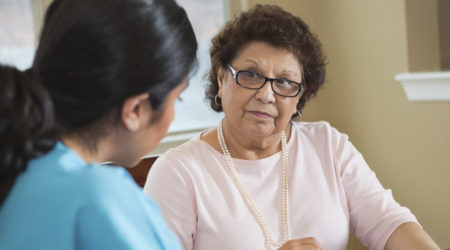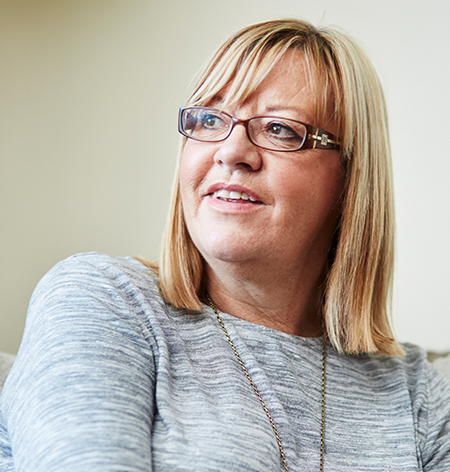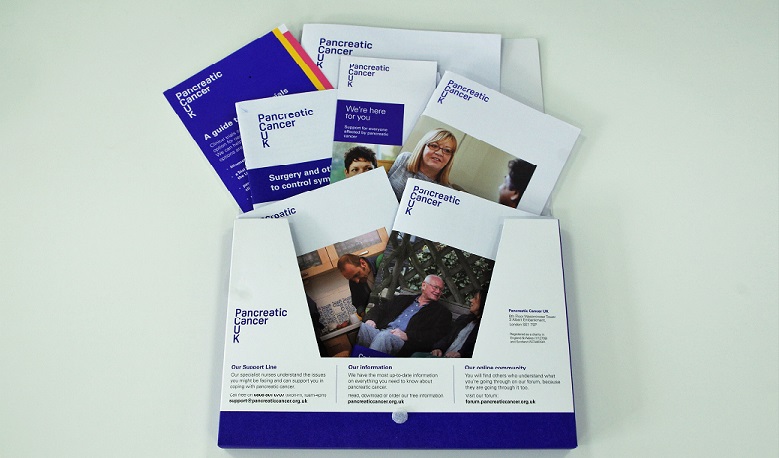What are my treatment options if I have borderline resectable cancer?
If your cancer has grown very close to major blood vessels near your pancreas, your doctors will look carefully at your scan results. They will try to work out if surgery is possible. But it can be hard to tell whether it’s possible to remove it.
You may be able to have surgery. It depends which blood vessels are affected by the cancer, and how close the cancer has grown to them.
You may be offered chemotherapy on its own first. Some people then have chemotherapy with radiotherapy (chemoradiotherapy). This can sometimes shrink the cancer enough to make surgery possible. You will have scans before, during and at the end of your treatment to check how well it has worked and whether surgery may be possible.
Different medical teams may have different opinions about whether surgery is possible. You can ask for second opinion from a different medical team if you want one.
Read more about surgery when the cancer is close to major blood vessels.
